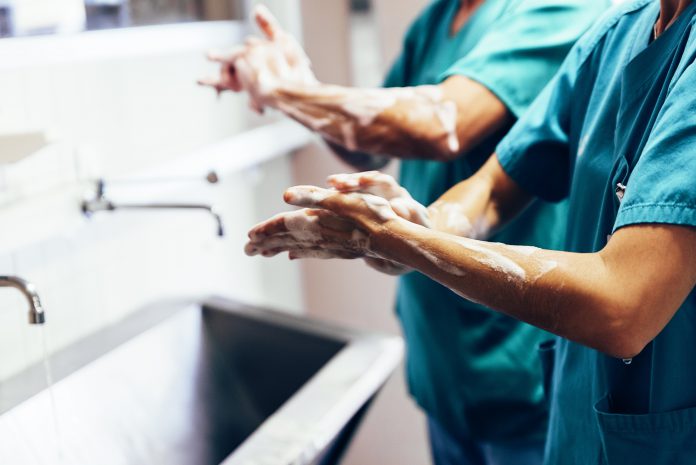Health and care leaders in Bristol, North Somerset and South Gloucestershire are bringing in additional support measures from Monday (2 November) to ensure that local services are better able to cope with increasing demand as a result of the recent rise in coronavirus cases.
The measures – designed to protect people and make best use of resources across the health and care system – include:
- Faster discharge for all hospital admissions, ensuring that people leave hospital as soon as they are medically fit to do so. Community support will be available to ensure this takes place safely
- Enhanced mutual aid support between organisations, allowing staff to work more flexibly across settings and where resource is most needed
- Restarting a telephone support service to help avoid hospital admissions.
There will also be further wraparound support available for the area’s care homes.
The Healthier Together Partnership – made up of 10 organisations including NHS and Local Authorities – outlined the approach in a message to 42,000 health and care staff earlier today.
Evelyn Barker, Chief Operating Officer and Deputy Chief Executive at North Bristol NHS Trust, said: “We are seeing a significant rise in coronavirus cases locally, and this is resulting in greater demand on services. If the virus continues to spread at this rate, it will become increasingly difficult to maintain our routine non-Covid services, which is why we are taking additional action now.
“The public can do their bit by using the most appropriate service for their needs – whether that’s their local GP practice, Minor Injuries Unit, Urgent Treatment Centre or pharmacy – and avoiding A&E unless absolutely necessary.
“Families can also play their part by supporting their loved ones to return to their home or other community setting as soon as they are ready to leave hospital.”
A new video, featuring local staff has also been created to help people understand what to expect when they visit health and care settings across the area. It includes the latest information on infection prevention control and digital access – as well as setting out what people need to do before they arrive for in-person appointments.









